From Aristotle’s proclamation that ‘there is no great genius without some touch of madness’, to stories of great artists going crazy, many are still transfixed by the idea that brilliance requires a touch of insanity. But this is not so argues Psychology Professor Arne Dietrich. Such an association arises out of various biases that have penetrated and permeated throughout popuar culture.
In the Darwinian calculus of evolution, there are good reasons for our cognitive biases. We do well seeing the world through our own warped force field. Cognitive biases have helped us survive in the harsh world of reality and prosper in society. But there is a tradeoff. Truth, apparently, can go hang.
Take the purported link between genius and madness, the thin line separating insanity from the inspired. Given the long, long list of bone-fide and troubled creative geniuses – Newton, van Gogh, Nietzsche, Wolf, Mozart, Poe, Boltzman, Beethoven, Kafka, Strauss, Schumann, Michelangelo, Nash, Cantor, Hemingway; do you need more? – one could be forgiven to consider this a forgone conclusion. Even a venerable ancient Greek can be recruited to help with the belief that creativity and madness somehow go together – say, Aristotle: “No great mind has ever existed without a touch of madness.” It seems as if all true creators are, at some point in their lives, anguished, tormented, alcoholic, angst-ridden, manic, outright psychotic, doubt-filled, or just plain weird. But it is one thing to be enchanted by folklore, delicious gossip, and anecdotal storytelling, it is quite another to forgo the purifying powers of scientific reasoning.
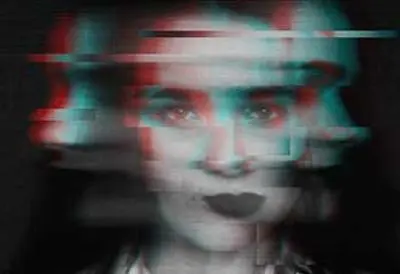 SUGGESTED READING
Reality and mental disorder
By Elly Vintiadis
SUGGESTED READING
Reality and mental disorder
By Elly Vintiadis
Like most things in life, this is easier said than done. One would think that a quick look into the rarefied air of peer-reviewed psychology journals should settle the matter. Far from it. The scientific literature, if one could call it that, is itself a place in which this myth is watered, fertilized, and hot-housed. That shouldn’t be too surprising, given that scientists themselves are not immune to cognitive biases.
Sure, the nebulous concepts on both sides of the equation don’t help. To establish a positive correlation between event A (genius) and some other event B (madness), it would help to know exactly what we are talking about. But creativity, let alone genius, is notoriously difficult to define, so much so that even the field of creativity research has sort of given up on it. Madness, or mental illness, doesn’t fare much better. Crack open the DSM – Diagnostic and Statistical Manual of the American Psychiatric Association, if you need to impress someone – that classifies the various forms of mental disorders, and it won’t take long until you think you might be a good candidate for making the diagnostic criteria of at least a few of the nearly 300 psychological disorders listed in the handbook.
So, suppose your gut tells you that the link between genius and madness is just manifestly obvious, it shouldn’t be too difficult to make the case. All you have to do to pull this off is to adopt the operational definition that suits you, choose the sample carefully, and parse the “data” just right. Considering the soundbite truthiness that inherently comes with the claim, you have now put yourself into the position to sling-shoot past all the doubters with ease, offering up a stream of clever commentaries and juicy factoids. This feel-good science can, and does, spread with alarming speed.
___
The vast majority of creative people are not mentally ill and, more importantly, the vast majority of those suffering from psychopathology are not geniuses
___







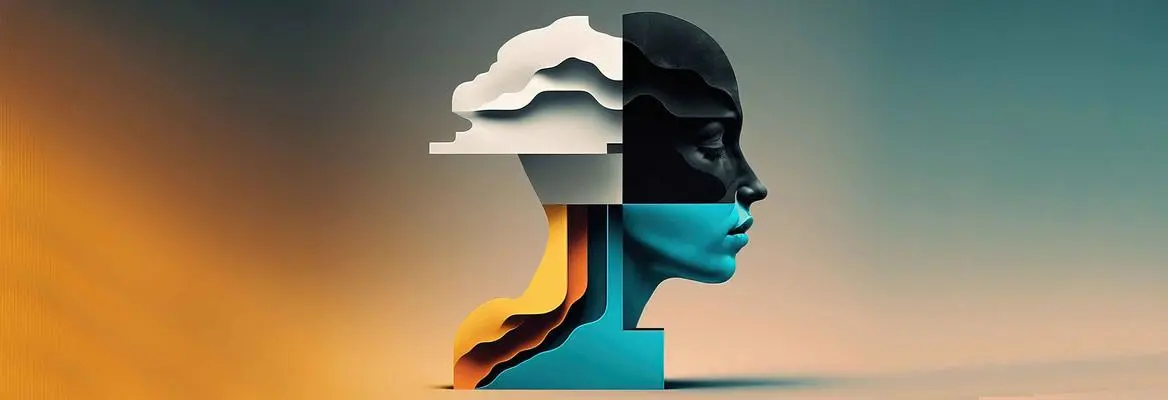



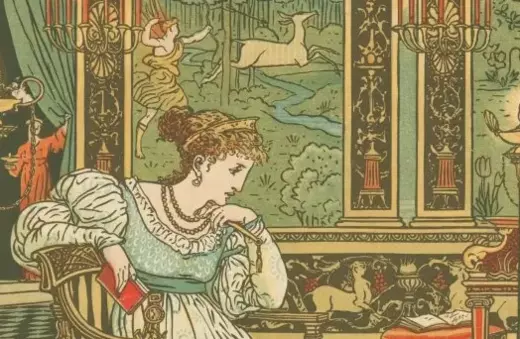

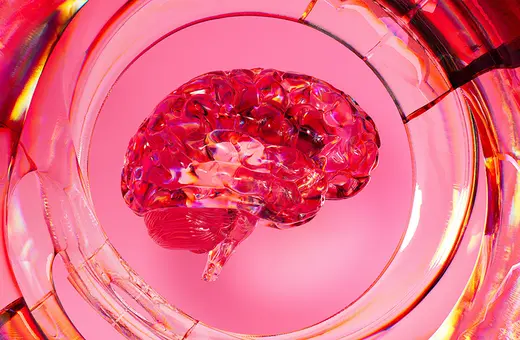
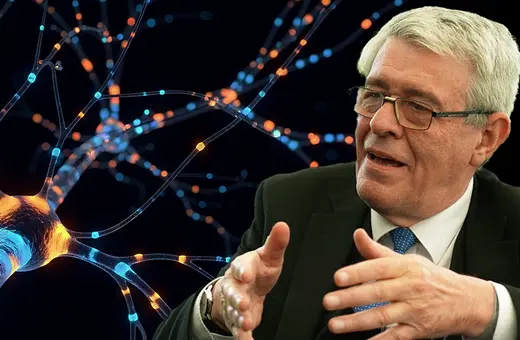
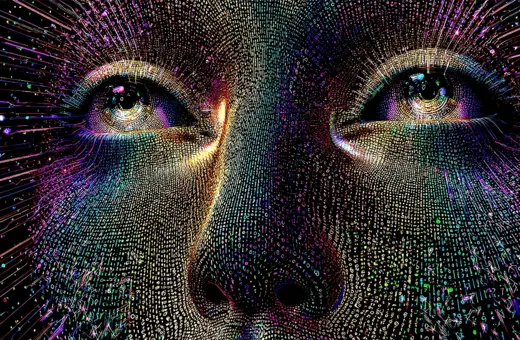
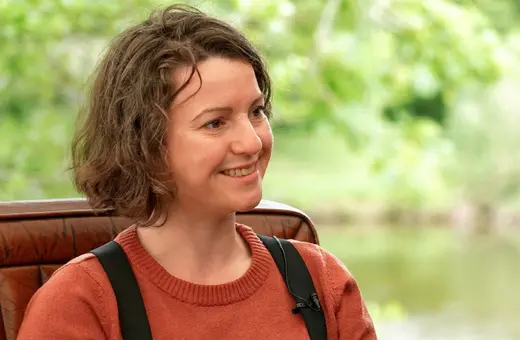




Join the conversation